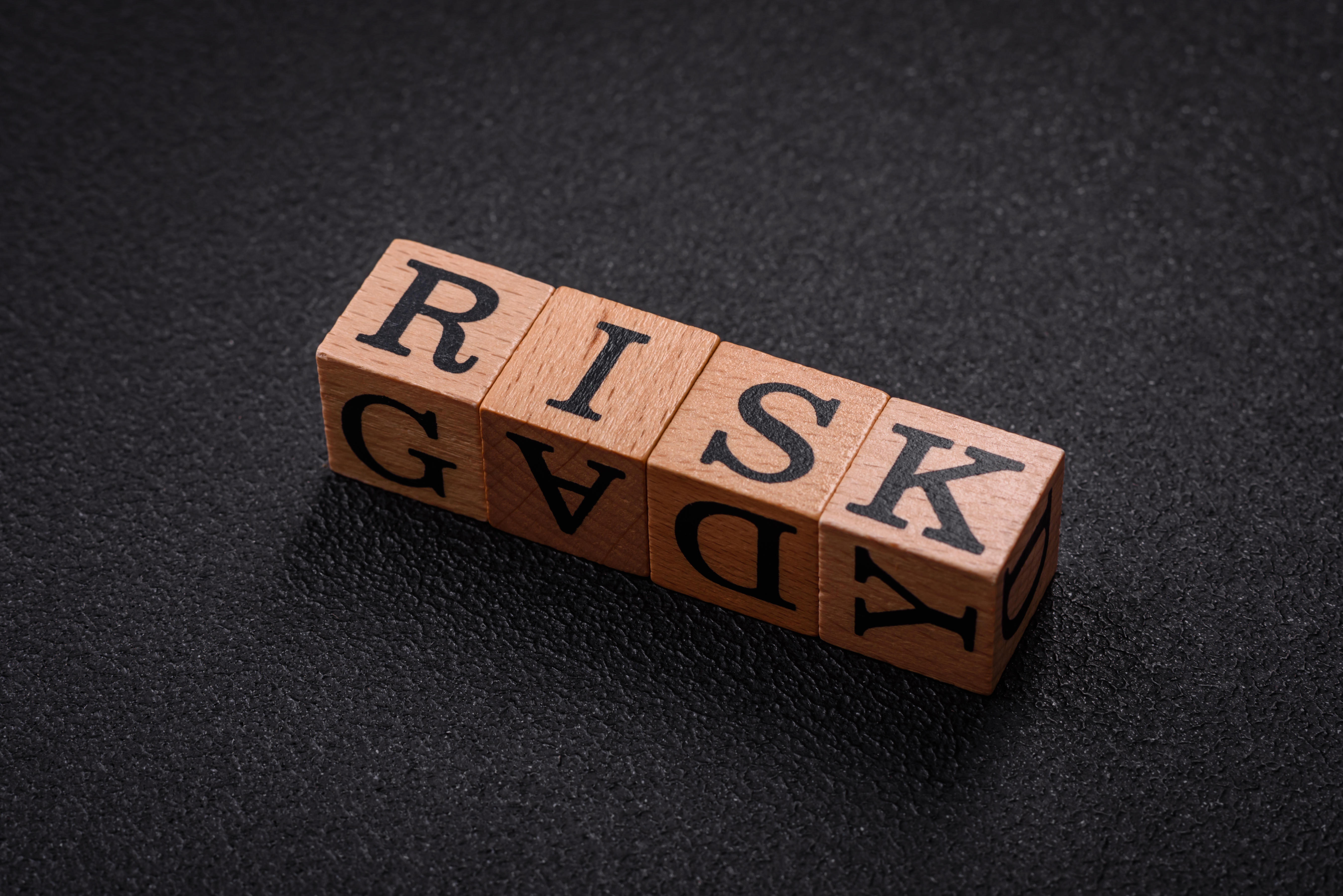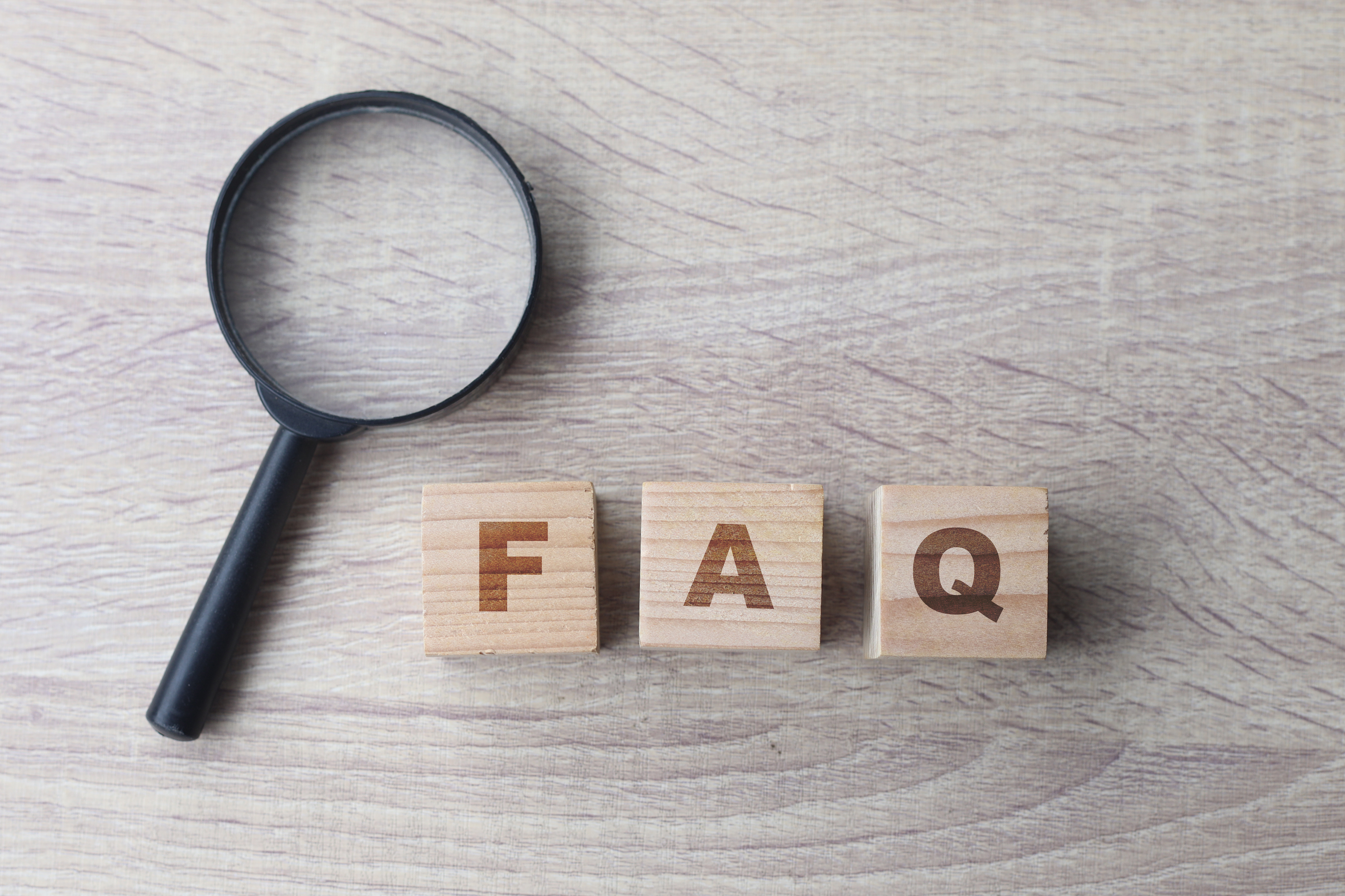Gastric sleeve surgery, or sleeve gastrectomy, is one of the most common and effective weight loss surgeries available today. While the procedure has helped thousands of people achieve significant weight loss and improve their health, like any surgery, it carries potential risks and complications. Understanding these risks is essential for anyone considering the procedure.
In this article, we’ll explore the possible complications that can arise during and after gastric sleeve surgery, how to reduce your risk, and what to expect in terms of recovery.
1. Common Risks Associated with Gastric Sleeve Surgery
Gastric sleeve surgery involves permanently removing about 75-80% of your stomach, which significantly reduces its capacity and alters your digestion. Although the procedure is generally safe, certain risks are associated with any major surgery. The most common risks include:
1.1 Infection
As with any surgery, infection is a potential risk. This can occur at the incision sites or internally in the stomach. Infections are usually managed with antibiotics, but severe cases may require additional medical intervention.
How to Reduce the Risk:
- Follow all post-operative care instructions closely, including proper wound care.
- Keep your incision sites clean and dry.
- Contact your healthcare provider if you notice signs of infection, such as redness, swelling, or discharge.
1.2 Blood Clots
After any surgery, there is a risk of developing blood clots, particularly in the legs (deep vein thrombosis) or lungs (pulmonary embolism). Prolonged bed rest and lack of movement after surgery can increase this risk.
How to Reduce the Risk:
- Get up and walk as soon as you are able, even if it’s just for short distances.
- Follow your doctor’s recommendations for blood-thinning medications if prescribed.
- Wear compression stockings to improve blood circulation during recovery.
1.3 Bleeding
Excessive bleeding is a rare but possible complication during or after gastric sleeve surgery. This can happen if a blood vessel is damaged during surgery or if there is a problem with the stapling of the stomach.
How to Reduce the Risk:
- Choose a highly experienced bariatric surgeon to reduce the likelihood of complications.
- Avoid blood-thinning medications before surgery as directed by your healthcare provider.
1.4 Leaks in the Staple Line
One of the more serious potential complications is a leak along the staple line where the stomach is cut and sealed. A leak can allow stomach contents to spill into the abdominal cavity, causing infection or other issues.
How to Reduce the Risk:
- Choose an experienced surgeon with a good track record to minimize the risk of leaks.
- Report any unusual symptoms, such as severe abdominal pain, fever, or an elevated heart rate, to your doctor immediately.
2. Post-Surgery Complications and Long-Term Risks
In addition to the immediate risks, there are certain complications that may arise in the weeks or months following surgery. These long-term risks can affect your quality of life if not properly managed.
2.1 Nutrient Deficiencies
Since gastric sleeve surgery reduces the amount of food you can eat, it can also reduce your intake of essential vitamins and minerals. Nutrient deficiencies, such as vitamin B12, iron, and calcium, are common after surgery and can lead to fatigue, anemia, and other health issues.
How to Reduce the Risk:
- Take the recommended daily vitamins and supplements, such as a multivitamin, vitamin B12, calcium, and iron, as prescribed by your healthcare provider.
- Eat a well-balanced, nutrient-dense diet rich in lean proteins, vegetables, and whole grains.
2.2 Acid Reflux
Some patients experience increased acid reflux or heartburn after gastric sleeve surgery. This occurs because the surgery alters the shape and size of the stomach, which can cause stomach acid to move up into the esophagus more easily.
How to Reduce the Risk:
- Avoid trigger foods such as spicy, fatty, or acidic foods that can worsen acid reflux.
- Eat smaller, more frequent meals to prevent overeating, which can exacerbate reflux.
- Speak to your doctor about medications to control acid production if needed.
2.3 Gallstones
Rapid weight loss after gastric sleeve surgery can lead to the formation of gallstones, which are hardened deposits that form in the gallbladder. Gallstones can cause pain and, in severe cases, may require surgical removal of the gallbladder.
How to Reduce the Risk:
- Follow a slow, steady weight loss plan rather than trying to lose weight too quickly.
- Discuss the possibility of taking medications that help prevent gallstones with your doctor after surgery.
2.4 Weight Regain
While gastric sleeve surgery is a powerful tool for weight loss, it is not a cure-all. Some patients may experience weight regain if they do not stick to their post-surgery diet and exercise plan. Overeating or consuming high-calorie foods can stretch the stomach slightly and slow down weight loss.
How to Reduce the Risk:
- Follow the dietary and lifestyle guidelines provided by your healthcare team.
- Stick to portion-controlled, healthy meals and stay active to maintain your weight loss.
- Seek support from a nutritionist, therapist, or bariatric support group if needed to stay on track.
3. How to Minimize Risks Before and After Surgery
Although gastric sleeve surgery carries risks, many of these complications can be minimized with proper preparation and post-operative care. Here are some tips to help ensure a successful outcome:
Choose an Experienced Surgeon
Selecting a highly skilled and experienced bariatric surgeon is one of the most important steps you can take to reduce your risk of complications. Research potential surgeons, read reviews, and ask for referrals from trusted healthcare professionals.
Follow Pre-Surgery Guidelines
Your healthcare provider will give you specific instructions to prepare for surgery, such as adjusting your diet or avoiding certain medications. Following these guidelines will help reduce the likelihood of complications during and after the procedure.
Commit to Post-Surgery Lifestyle Changes
Successful weight loss after gastric sleeve surgery depends on your commitment to long-term lifestyle changes. This includes eating a healthy diet, exercising regularly, and following up with your healthcare provider for regular check-ins.
Attend All Follow-Up Appointments
Follow-up appointments with your surgeon or healthcare provider are essential for monitoring your recovery and addressing any issues early on. Don’t skip these appointments, even if you feel fine, as they play a key role in long-term success.
While gastric sleeve surgery offers significant benefits for weight loss and improved health, it is important to understand the potential risks and complications that can arise. From immediate risks like infection and blood clots to long-term concerns such as nutrient deficiencies and acid reflux, knowing what to expect can help you better prepare for the procedure and recovery.
By choosing an experienced surgeon, following pre- and post-operative instructions, and committing to lasting lifestyle changes, you can minimize these risks and increase your chances of a successful outcome. Always consult with your healthcare provider to discuss your individual risks and ensure you’re well-informed before undergoing gastric sleeve surgery.
Frequently Asked Questions (FAQ)
Here are some commonly asked questions about the potential risks of gastric sleeve surgery:
1. What are the most common complications after gastric sleeve surgery?
The most common complications include infection, bleeding, blood clots, and leaks along the staple line. Long-term issues may include nutrient deficiencies, acid reflux, and gallstones.
2. How serious are leaks after gastric sleeve surgery?
Leaks in the staple line are a rare but serious complication. They occur when the stomach doesn’t seal properly, allowing contents to leak into the abdominal cavity. This can cause infections and other complications that may require immediate medical attention.
3. Can I prevent nutrient deficiencies after surgery?
Yes, nutrient deficiencies can be managed with proper supplementation. Take your prescribed vitamins and supplements, including vitamin B12, calcium, iron, and a multivitamin. A balanced, nutrient-rich diet is also key to preventing deficiencies.
4. Is acid reflux common after gastric sleeve surgery?
Some patients experience increased acid reflux after gastric sleeve surgery. It can be managed through dietary changes, eating smaller meals, and, in some cases, medications prescribed by your healthcare provider.
5. How can I avoid weight regain after gastric sleeve surgery?
To avoid weight regain, it's important to stick to your post-surgery diet and exercise plan. Focus on portion control, nutrient-dense foods, and regular physical activity. Support from nutritionists or bariatric support groups can also help keep you on track.
6. How long is the recovery period after gastric sleeve surgery?
Most patients can return to light activities within 2-4 weeks, but full recovery typically takes about 6-8 weeks. Follow-up appointments with your surgeon will ensure you're healing properly.
7. Are blood clots a serious concern after surgery?
Blood clots are a potential risk after any surgery, including gastric sleeve surgery. To minimize this risk, you’ll be encouraged to walk and move around as soon as possible after surgery. Your doctor may also prescribe blood thinners or suggest wearing compression stockings.
8. Will I need additional surgeries if complications arise?
In rare cases, complications like severe leaks or gallstones may require additional surgery. However, most complications can be managed with non-surgical treatments if caught early.
9. What should I do if I experience symptoms of a complication?
If you experience severe abdominal pain, fever, nausea, vomiting, or any other unusual symptoms, contact your healthcare provider immediately. Early intervention can help prevent serious complications.
10. Can gallstones form after gastric sleeve surgery?
Yes, rapid weight loss after gastric sleeve surgery can lead to gallstone formation. In some cases, medications may be prescribed to prevent gallstones, or your doctor may recommend the removal of the gallbladder if stones develop.
 Clinic Booking
Clinic Booking




 No Record
No Record